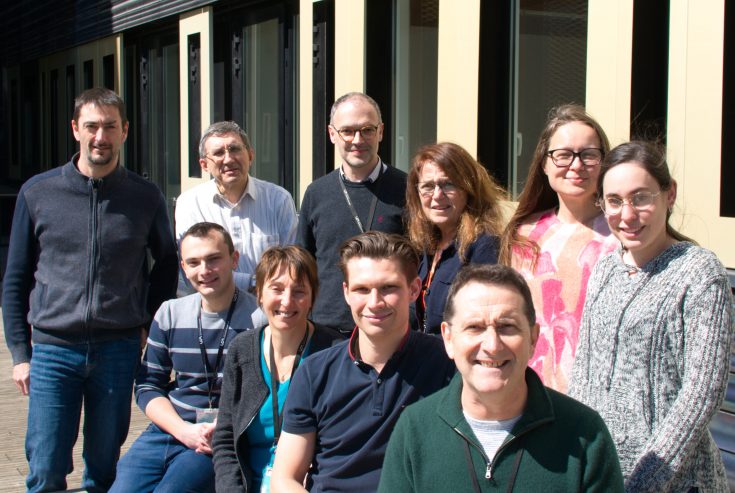Our objectives are to:
-Elucidate the fundamental mechanisms governing adrenal and gonadal homeostasis.
-Understand how disruptions in these mechanisms contribute to the development of pathologies, such as benign or malignant tumors, hypersecretion syndromes, or endocrine insufficiency.
-Identify new therapeutic targets based on these insights.
Our research leverages a diverse collection of cell lines and genetically modified mouse models, which are instrumental both for fundamental studies and as preclinical models to evaluate new treatments. To achieve these translational goals, our team is deeply integrated into national (COMETE) and international (ENS@T) clinical networks, as well as the rare disease network FIRENDO, and has established collaborations with research groups in France and abroad, particularly in the Netherlands, Germany, and the United States.
Within this framework, we explore the roles of cellular signaling pathways (WNT and PKA), epigenetic and post-translational mechanisms (PRC2 and SUMOylation), and the immune microenvironment (macrophages) in the development and maintenance of these endocrine glands, as well as their involvement in the formation of tumors in the adrenal cortex and gonadal somatic tissues. Finally, we seek to understand the higher prevalence of adrenal tumors in females by investigating the mechanisms underlying adrenal sexual dimorphism.
These studies are conducted under the guidance of three principal investigators and are supported by several complementary funded projects:
•ADREMAC (ANR 2022-25)
•OVARYPROTECT (ANR 2022-25)
•EQUIPE LIGUE (2020-25)
•WCR (2024-26)
•ADD-SEX (ANR 2024-26)
•GROUPAMA Rare Diseases
Funders

Research
- Mechanisms of adrenal cortex differentiation
- Mecanisms of adrenocortical tumorigenesis

We are trying to understand the molecular mechanisms involved in the initiation and progression of adrenocortical cancer (adrenocortical carcinoma). Our approach is based on genetically modified mouse models that reproduce alterations in signaling pathways altered in patients. These models allow a better understanding of tumorigenesis processes and constitute excellent pre-clinical tools allowing the evaluation of innovative therapeutic approaches. In this context our projects currently aim to understand the anti-tumor effects of testosterone and to identify new levers making it possible to mobilize anti-tumor immune activity in the context of adrenocortical carcinoma.
- Mechanisms of gonadal differentiation and plasticity control
- Techniques used in the team

-Genetically modified mouse models to assess the role of alterations in pathophysiological processes
-Histological and immunohistochemical analyzes
-Integrative multi-omics analyzes
-Spectral flow cytometry
-Chromatin immunoprecipitation (ChIPseq)

























